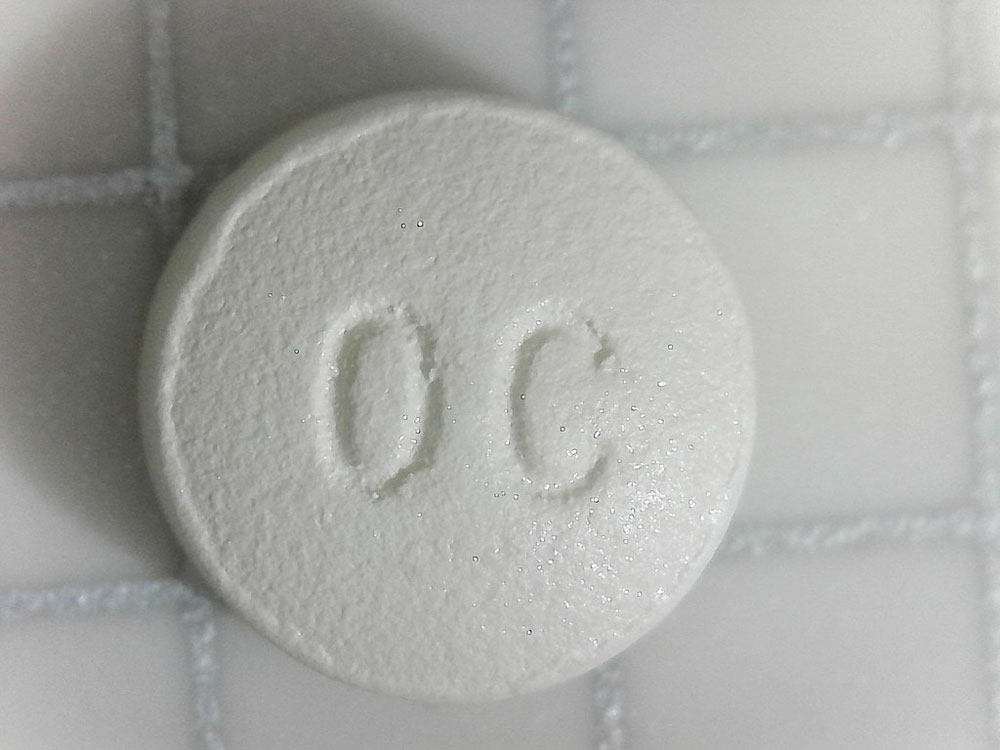
October 22, 2020; Guardian
On Wednesday, Purdue Pharma, after years of denying any culpability, pled guilty to bribing doctors to overprescribe OxyContin, among a number of other charges related to promoting a drug that was laying waste to families and communities across the united states. At last count, 2,800 cities and counties were suing the drug manufacturer.
“Purdue deeply regrets and accepts responsibility for the misconduct,” said the chair of its board, Steve Miller. Note the institutional admission, because the US Justice Department failed, in the same case, to hold executives criminally responsible. Even the small civil charges levied on the Sackler family pales in comparison to the profits made.
Many are skeptical about the whole deal, however, including the likelihood of the settlement money ever reaching substance abuse programs as advertised, and the timing, which occurred right before a highly contested presidential election where a sitting president may want to claim a decisive but largely meaningless action for his own.
Sign up for our free newsletters
Subscribe to NPQ's newsletters to have our top stories delivered directly to your inbox.
By signing up, you agree to our privacy policy and terms of use, and to receive messages from NPQ and our partners.
Massachusetts Attorney General Maura Healey is one of these skeptics. “Justice in this case requires exposing the truth and holding the perpetrators accountable, not rushing a settlement to beat an election,” she says. “I am not done with Purdue and the Sacklers.”
This is not Purdue’s first criminal conviction, of course, nor is it the first time that a connection has been made between that situation and Trump operatives, according to the Guardian:
In 2007, it pleaded guilty to charges of illegally marketing OxyContin and paid a $600m fine. But the company’s lawyer, Rudy Giuliani, the former New York mayor who went on to represent Trump, pulled political strings to keep its executives out of prison. He was also able to avoid a bar on Purdue doing business with the federal government which would have killed a large part of the multibillion-dollar market for the drug.
The company is also currently in bankruptcy, so the accompanying $8.3 billion in fines may not be so much a sure thing.—Ruth McCambridge













